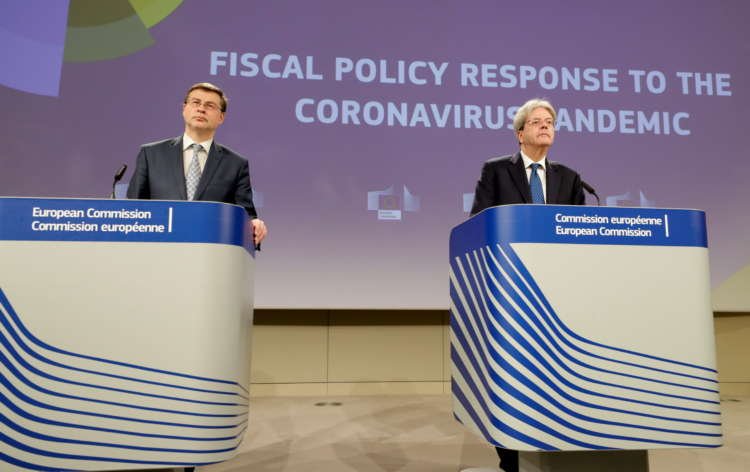Finance
EU should keep borrowing limits suspended in 2022 – Commission
Published by linker 5
Posted on March 3, 2021
1 min readLast updated: January 21, 2026

Published by linker 5
Posted on March 3, 2021
1 min readLast updated: January 21, 2026

Explore more articles in the Finance category


